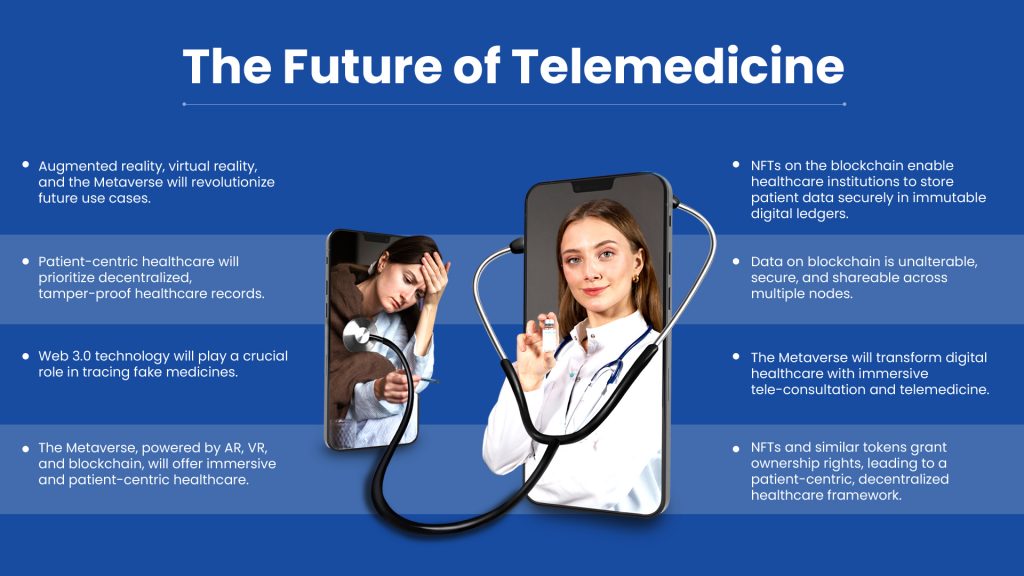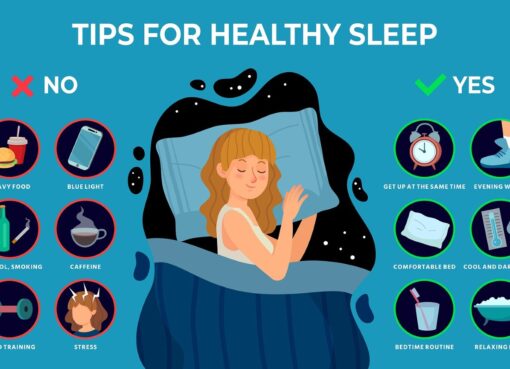Maternal and Child Health Programs

Maternal and Child Health Programs: Building a Healthier Future
Maternal and child health programs are crucial for ensuring the well-being of mothers and children, reducing mortality rates, and fostering long-term health benefits. These initiatives focus on improving access to healthcare, providing essential services, and addressing the unique health needs of mothers and children worldwide.
Understanding Maternal and Child Health
Maternal health refers to the health of women during pregnancy, childbirth, and the postpartum period. Child health focuses on the well-being of infants, children, and adolescents. Together, these areas form a cornerstone of public health, addressing critical life stages where effective interventions can have a lasting impact.
Importance of Maternal and Child Health Programs
Maternal and child health programs are essential for several reasons:
- Reducing Mortality Rates: These programs aim to lower maternal and child mortality by addressing preventable causes such as infections, malnutrition, and complications during childbirth.
- Improving Quality of Life: Ensuring access to healthcare services enhances the overall well-being of mothers and children.
- Promoting Economic Stability: Healthier mothers and children contribute to stronger families and communities, fostering economic growth.
Types of Maternal and Child Health Programs
There are various programs designed to address specific aspects of maternal and child health. These include:
1. Prenatal Care Programs
Prenatal care ensures the health of both the mother and the unborn child. Services include regular check-ups, nutritional counseling, and screenings for potential complications.
2. Immunization Initiatives
Vaccination programs protect children from preventable diseases such as measles, polio, and diphtheria. Organizations like Gavi, the Vaccine Alliance, play a significant role in expanding access to vaccines.
3. Nutrition Support Programs
Proper nutrition is vital for the growth and development of children and the health of mothers. Programs such as the World Food Programme (WFP) provide nutritional support to vulnerable populations.
4. Safe Childbirth Initiatives
These programs aim to improve maternal and neonatal outcomes by training skilled birth attendants and ensuring access to emergency obstetric care.
5. Adolescent Health Programs
Focusing on teenagers, these initiatives address reproductive health, mental health, and education to promote healthy behaviors and reduce risks.
Key Organizations in Maternal and Child Health
Several organizations lead efforts to improve maternal and child health globally. Notable examples include:
- World Health Organization (WHO): The WHO provides technical support and sets global standards for maternal and child health programs. Learn more at WHO.
- UNICEF: UNICEF focuses on child survival and development, addressing areas such as nutrition, immunization, and education.
- USAID’s Maternal and Child Survival Program (MCSP): This program works to end preventable maternal and child deaths by strengthening health systems and expanding access to care.
Benefits of Maternal and Child Health Programs
Maternal and child health programs offer numerous advantages, such as:
- Healthier Communities: These programs create a foundation for healthier families and stronger communities.
- Economic Growth: By reducing healthcare costs and improving productivity, these initiatives contribute to economic development.
- Long-Term Impact: Early interventions during critical life stages lead to improved health outcomes across generations.
How to Support Maternal and Child Health Programs
There are various ways to contribute to these programs, including:
- Advocating for Policies: Support policies that prioritize funding for maternal and child health initiatives.
- Volunteering: Participate in local or international programs focused on improving maternal and child health.
- Donating to Organizations: Contribute to reputable organizations working in this field to help expand their reach and impact.
Conclusion
Maternal and child health programs are vital for building a healthier and more prosperous future. By addressing the unique needs of mothers and children, these initiatives create lasting benefits for individuals and communities alike. Explore opportunities to support or engage with these programs and make a meaningful impact on global health.




Leave a Comment